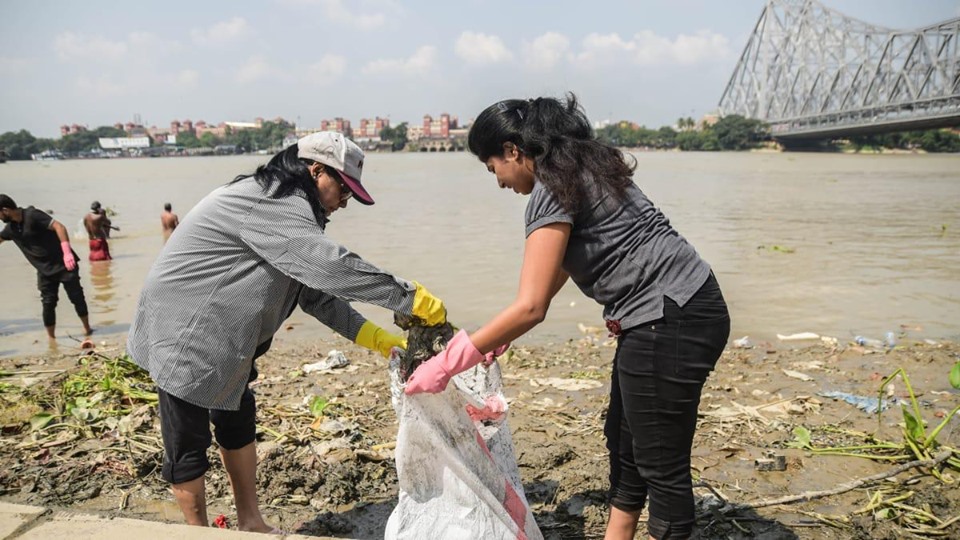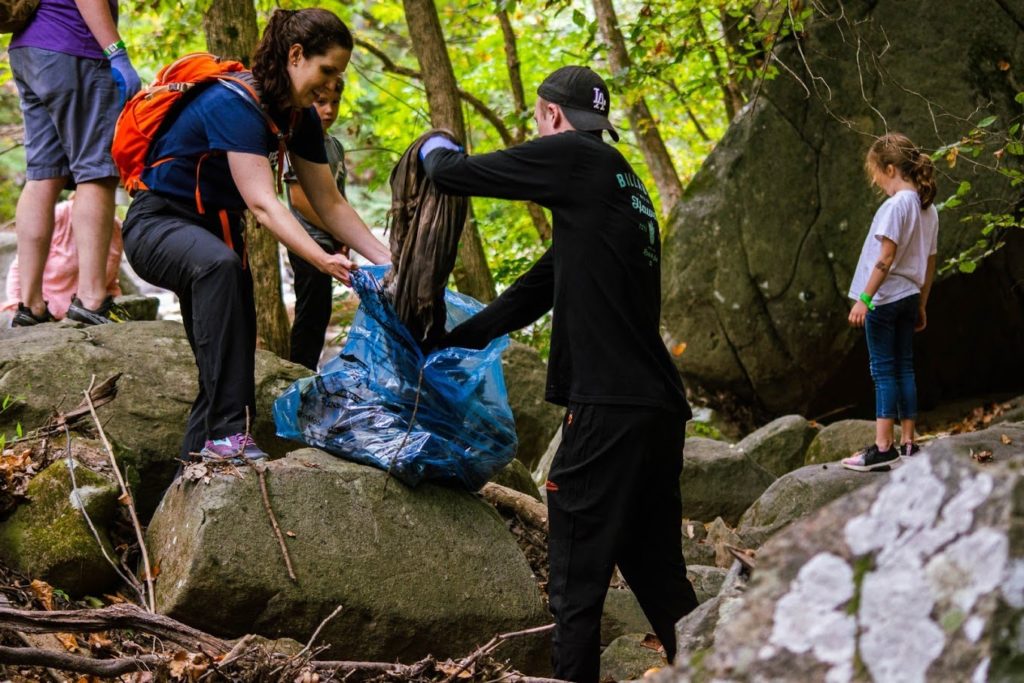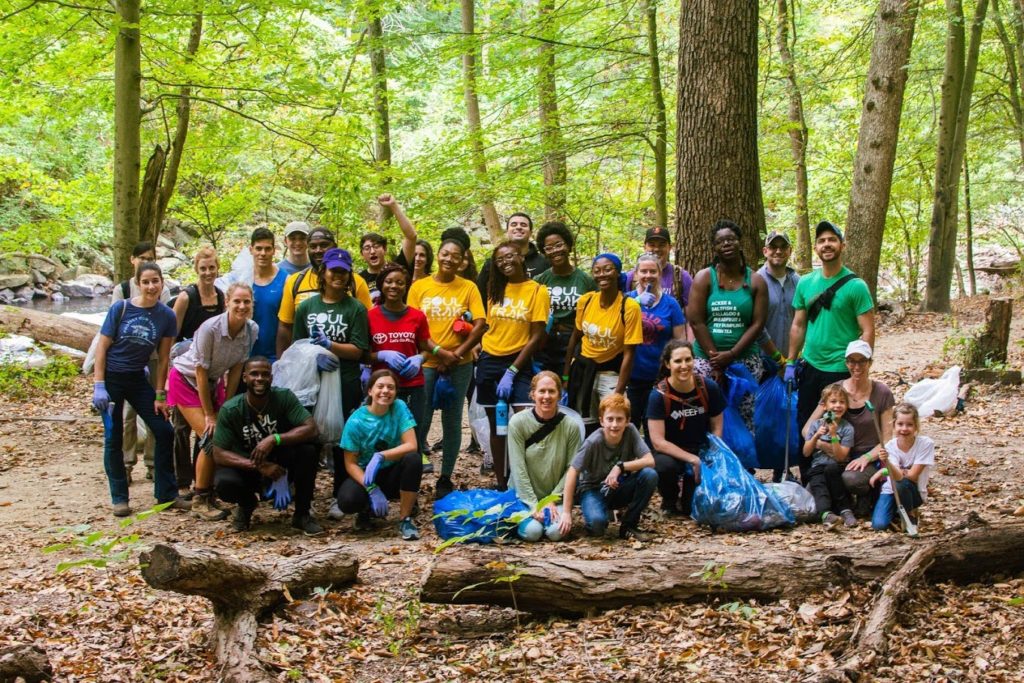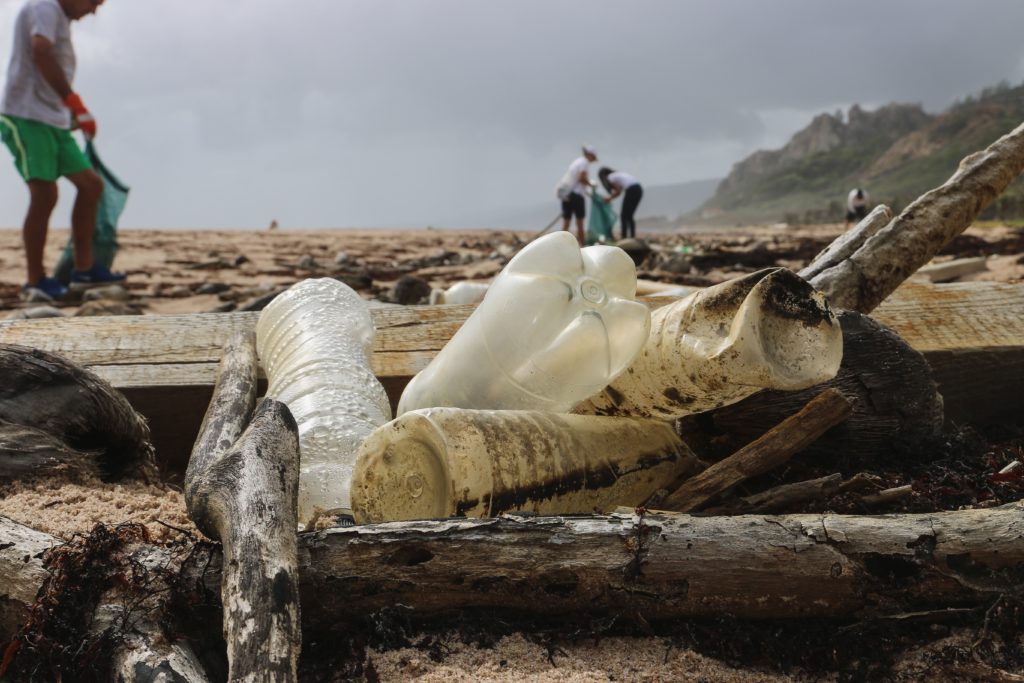Take Action with Earthday.org
Follow their Cleanup Checklist
The Great Global Cleanup® is EARTHDAY.ORG’S flagship volunteer program to remove litter from our lands and waterways. Together with partners around the world, the campaign mobilizes millions of volunteers and coordinates tens of thousands of cleanups.
Checklist for Individual and Small Group Cleanups:
Individual and Small Group Cleanups can be done anywhere that litter is found. Just grab a bag and go!
Plogging and TrashTag are ways of doing individual cleanups. #Plogging entails jogging and quickly stopping to pick up trash while you go.
#Trashtag is a social media trend — take “before and after” pictures of the area you cleaned up and post them!
1. Ensure that it is safe and permissible by local authorities.
- During the COVID-19 pandemic or local health emergencies: Always follow health and safety ordinances before heading outside. If you live in an area where masks and social distancing are required, be sure to follow those rules
2. Select a safe time and route for your cleanup.
- Select a route where traffic does not present a danger. Your cleanup route can be done anywhere. Our favorite spots include beaches, parks, our neighborhoods, and along streams or waterways
- Go with a buddy — including one or more pals in your cleanup adds to safety and fun
- Check the weather: Always do your cleanup in daylight and when weather conditions are suitable. Don’t clean up in high wind, rain, snow, fog or when extreme weather is predicted
- Dress for the occasion: Wear sturdy shoes or boots, apply sunblock, consider wearing a hat, and use non-toxic insect repellant
3. During the cleanup
- Mask up: Ensure that you wear a mask and some form of gloves for protection. Additionally, BBQ tongs, salad tongs, or other pickup device can help create further separation between you and the litter
- Stay clean: Never touch the litter directly or and don’t touch your face during your cleanup. Bring hand sanitizer, especially if you are somewhere where you are unable to wash your hands
- Safety first: Only pick up litter that is safe to handle and can be easily disposed of or recycled. Don’t pick up batteries or fireworks. Be careful picking up glass. If you’re unsure an item is safe, leave it alone!
- Follow guidelines: Ensure that you are following guidelines set out by the CDC and EPA on how to dispose of personal protective equipment
- Watch your kids: Children of all ages make great cleanup helpers. Always keep them in sight and off roads with traffic
- Bring a cell phone: Stay in touch and take photos!
4. After the cleanup
- Make sure to wash your hands as soon as possible
- Disinfect all the reusable equipment that was used during your cleanup
Publicize the success of your cleanup on social media. Tag us at @EarthDay (or @EarthDayNetwork on Facebook) with the hashtag #GreatGlobalCleanup, #TrashTag, or #Plogging. We love to feature our volunteers!

Join the World’s Largest Environmental Movement!
This is taken from their website, however if you are like me and just want to do something on that day, then have a go!
If we can continue doing this type of stuff then maybe more people will feel guilty about throwing their litter in the street instead of putting it in the bin, which is usually just feet away!
This day starts a week of a global clean up campaign, hopefully people will continue to do world cleanup day every day and we may see a glorious change! It´s all about attitude!
So let´s keep on keeping on and make changes!
The saying of ¨ït´s not my job, just does´nt wash anymore" it´s all of our jobs!
The blog song for today is: "Changes" by David Bowie
TTFN





